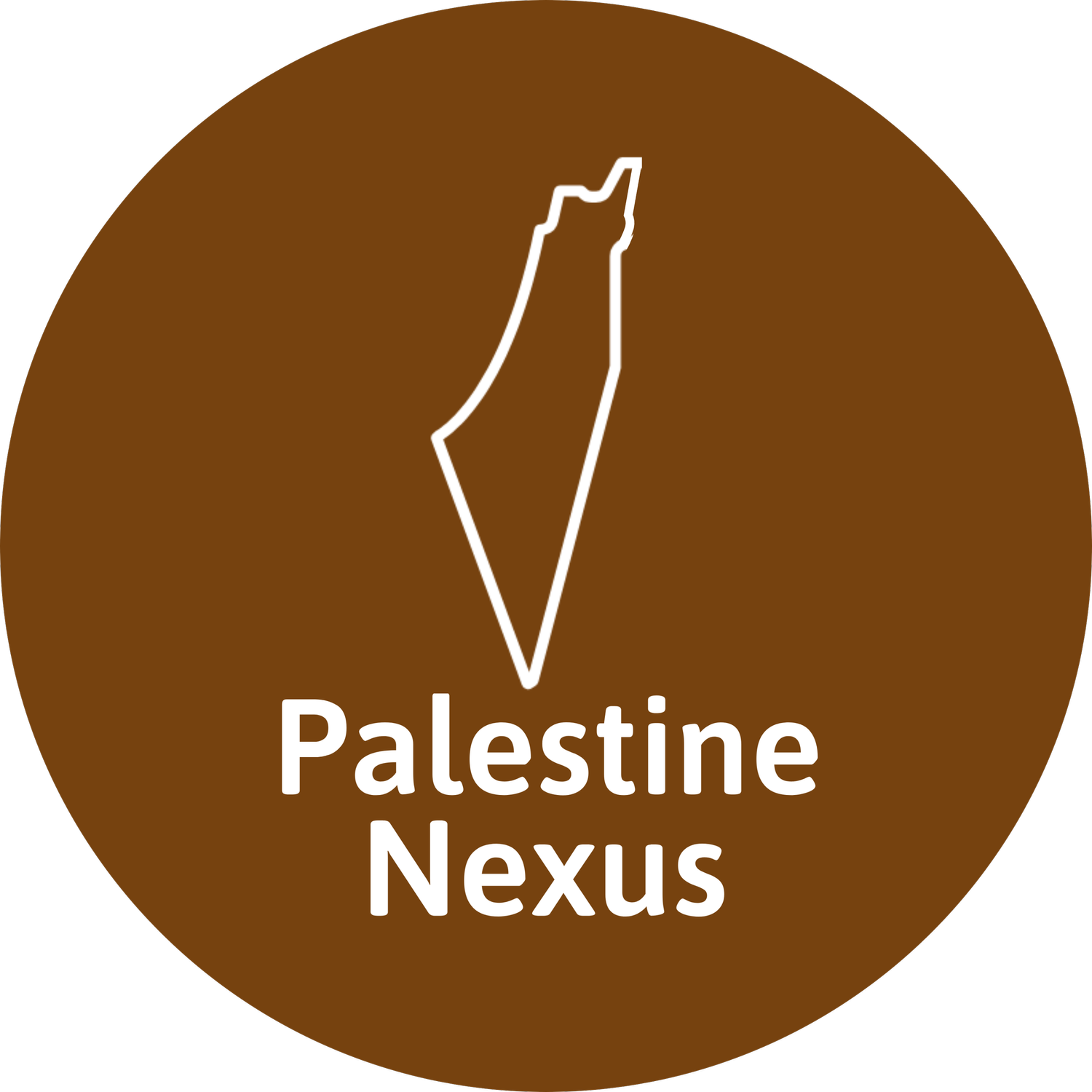
Jewish Anti-Zionism 101
Jewish anti-Zionism 101 is a course taught by Dr. Zachary Foster covering that past and present of Jewish anti-Zionism. The course consists of 3 lectures, 3 interviews and 1 roundtable discussion.
Session 1: Jewish anti-Zionism, 1800s-1930s: This session covers the history of Jewish anti-Zionism from its origins in the 1870s to the 1930s. We’ll survey four strains of anti-Zionism: humanitarian, assimilationist, socialist and religious among Jewish communities in Morocco, Algeria, Tunisia, Iraq, Yemen, Iran, Egypt, Turkey, Syria, Poland, Russia, Latvia, Romania, Hungary, Czechoslovakia, the Balkans, Germany, France, the UK, the US and elsewhere. We’ll explain why most Jews around the world rejected Zionism until the 1940s.
Session 2: Jewish anti-Zionism, 1940s-1980s: This session covers the transformation of world Jewry from non- and anti-Zionism to Zionism, and then from Zionism to Israelism, a belief that singles out Israel’s Jewish character as sacred above all other Jewish laws, principles and practices. We’ll also cover the minority of Jews who learned a universalist rather than chauvinist lesson from the Holocaust, and the re-birth of Jewish anti-Zionist movements in the 1970s-1980s.
Session 3: Jewish anti-Zionism, 1980s-present: This session will cover the rise of anti-Zionism in the 21st century and the great divergence between US and Israeli Jews. While Israeli Jews doubled down on Zionism, US Jews abandoned it in larger and larger numbers. We’ll also survey the Cambrian explosion of Jewish anti-Zionist content creation, institutional growth and political actions. Today, Jewish anti-Zionism in the United States is growing at its fastest rate in history.
Session 4: Roundtable with Katie Halper & Rabbi Brant Rosen. In this roundtable discussion, we discuss Rabbi Rosen’s anti-Zionist congregation, the “As a Jew” debate, holocaust memory and Jewish holocaust survivors speaking out against the genocide.
Session 5: Interview with Rabbi Yaakov Shapiro In this interview, we will explore the relationship between the Jewish tradition and Zionism.
Session 6: interview with Professor Benjamin Balthaser In this interview, we discuss the history of the Jewish left, the crack down on academic freedom and student anti-genocide protest movement in the name of fighting antisemitism as well as why the American Jewish community embraced Zionism after 1967.
Session 7: Interview with Peter Beinart. We will explore the relationship between the Jewish tradition and Zionism, including a discussion of the sanctity of life in the Jewish tradition, the Jewish view towards states and a “Jewish State” and recent challenges to the Jewish establishment.
Session 8: Interview with Hadar Cohen: We explore Sephardi Judaism, Sephardi and spiritual anti-Zionism, what it means to be an Arab Jew, how Zionism sabotaged Arab Jewish life and how Zionism became a “golden calf.”
A portion of the course fees are donated to genocide survivors in Gaza and to our writers in Gaza. Thanks for supporting our work.
Jewish anti-Zionism 101 is a course taught by Dr. Zachary Foster covering that past and present of Jewish anti-Zionism. The course consists of 3 lectures, 3 interviews and 1 roundtable discussion.
Session 1: Jewish anti-Zionism, 1800s-1930s: This session covers the history of Jewish anti-Zionism from its origins in the 1870s to the 1930s. We’ll survey four strains of anti-Zionism: humanitarian, assimilationist, socialist and religious among Jewish communities in Morocco, Algeria, Tunisia, Iraq, Yemen, Iran, Egypt, Turkey, Syria, Poland, Russia, Latvia, Romania, Hungary, Czechoslovakia, the Balkans, Germany, France, the UK, the US and elsewhere. We’ll explain why most Jews around the world rejected Zionism until the 1940s.
Session 2: Jewish anti-Zionism, 1940s-1980s: This session covers the transformation of world Jewry from non- and anti-Zionism to Zionism, and then from Zionism to Israelism, a belief that singles out Israel’s Jewish character as sacred above all other Jewish laws, principles and practices. We’ll also cover the minority of Jews who learned a universalist rather than chauvinist lesson from the Holocaust, and the re-birth of Jewish anti-Zionist movements in the 1970s-1980s.
Session 3: Jewish anti-Zionism, 1980s-present: This session will cover the rise of anti-Zionism in the 21st century and the great divergence between US and Israeli Jews. While Israeli Jews doubled down on Zionism, US Jews abandoned it in larger and larger numbers. We’ll also survey the Cambrian explosion of Jewish anti-Zionist content creation, institutional growth and political actions. Today, Jewish anti-Zionism in the United States is growing at its fastest rate in history.
Session 4: Roundtable with Katie Halper & Rabbi Brant Rosen. In this roundtable discussion, we discuss Rabbi Rosen’s anti-Zionist congregation, the “As a Jew” debate, holocaust memory and Jewish holocaust survivors speaking out against the genocide.
Session 5: Interview with Rabbi Yaakov Shapiro In this interview, we will explore the relationship between the Jewish tradition and Zionism.
Session 6: interview with Professor Benjamin Balthaser In this interview, we discuss the history of the Jewish left, the crack down on academic freedom and student anti-genocide protest movement in the name of fighting antisemitism as well as why the American Jewish community embraced Zionism after 1967.
Session 7: Interview with Peter Beinart. We will explore the relationship between the Jewish tradition and Zionism, including a discussion of the sanctity of life in the Jewish tradition, the Jewish view towards states and a “Jewish State” and recent challenges to the Jewish establishment.
Session 8: Interview with Hadar Cohen: We explore Sephardi Judaism, Sephardi and spiritual anti-Zionism, what it means to be an Arab Jew, how Zionism sabotaged Arab Jewish life and how Zionism became a “golden calf.”
A portion of the course fees are donated to genocide survivors in Gaza and to our writers in Gaza. Thanks for supporting our work.

